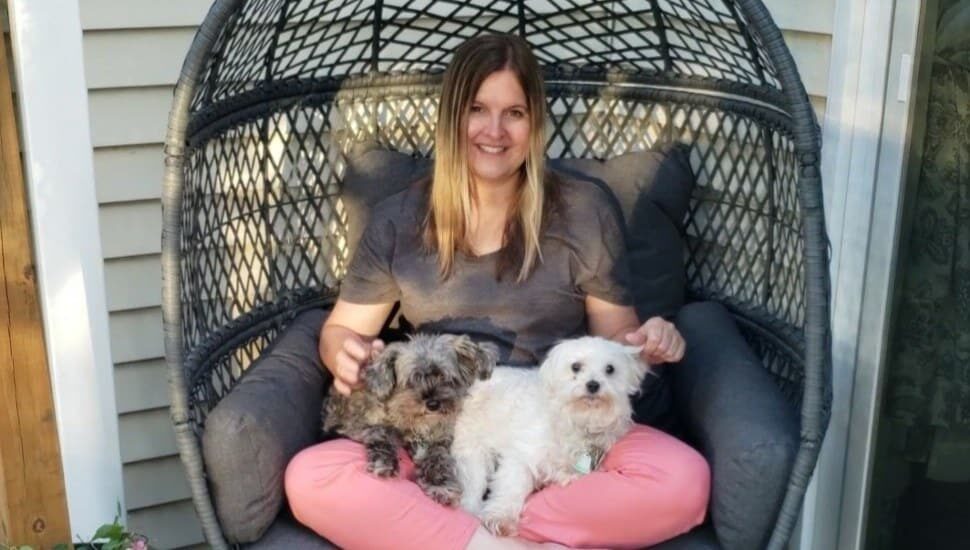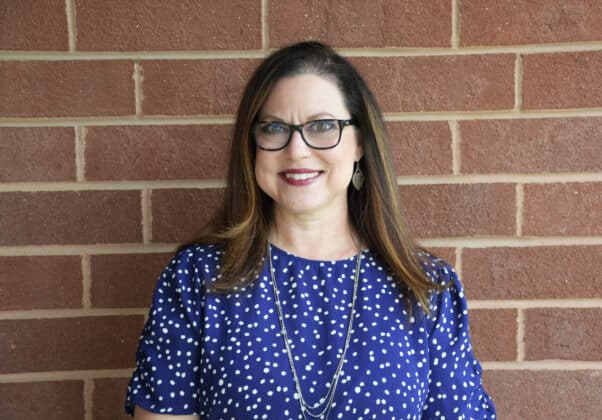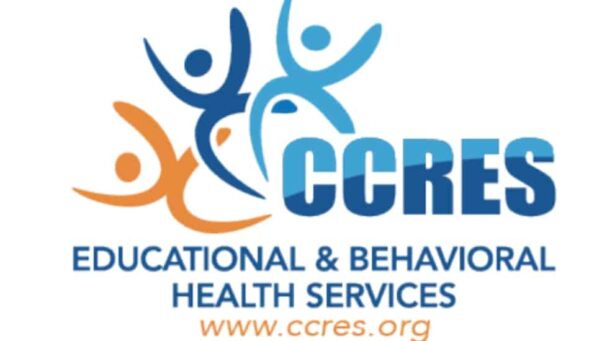CCRES Spotlights the Role of a Behavioral Health Technician

A Behavioral Health Technician (BHT) is just one of many staffing positions provided by CCRES to schools, families, and communities as a support for students.
The BHT is a home and community-based professional who works collaboratively with other professionals to support students with social, emotional, and behavioral concerns.
BHT professionals provide 1 on 1 emotional and behavioral interventions to children and adolescents based on the medical needs of the client.
They implement behavioral treatment plan goals and document a client’s daily progress. They also may be called on to redirect or de-escalate a behavioral issue.
Services can be provided in school, at home, or in a community setting.
Examples of BHT interventions include:
- Behavioral interventions
- Cognitive behavioral intervention
- Comprehensive behavioral treatment
- Language training
- Modeling
- Natural teaching strategies
- Parent/guardian training
- Peer training
- Pivotal response training
- Schedules
- Scripting
- Self-management
- Social skills package
- Conflict resolution
- Anger management
- Peer interaction skills and;
- Story-based interventions.
Interventions and skills are based on the treatment plan goals provided by a Behavior Consultant or Behavior Analyst who is a Master’s Level Clinician.
BHT salaries range from $35,000-39,000 per year. Hourly rates with CCRES start at $23.50/hour reaching a maximum of $25/hour.
Why become a BHT?
“I enjoy being a BHT because it is very rewarding making a positive impact and supporting another person, helping to make changes that will improve their life,” said Kristen, a CCRES staff member.
Who receives services?
Individuals with autism spectrum disorders (ASD) often receive BHT services but anyone who has behavioral health challenges, mental health illness, or developmental disorders may qualify.
CCRES provides behavioral health services in partnership with the Chester County Intermediate Unit (CCIU) through the Advanced Clinical Services Department or Home and Community Services Department in a variety of positions.
Who is qualified to provide BHT services?
Becoming a Behavioral Health Technician requires a high school diploma or equivalent and some experience working with individuals with disabilities.
People who are comfortable addressing challenging behaviors are desirable.
CCRES provides over 40 hours of paid training through its partners at the CCIU.
Training consists of using the online platform Relias and includes many helpful courses to help prepare you to work with children who have behavioral challenges.
Some courses include Behavioral Challenges of Autism, Decreasing Behaviors, Communication with Families, Professional Boundaries Guidelines for Effective Documentation, Maintaining Client Dignity through the Behavior Change Process, Safety Care – De-escalation, and Human Development Across the Lifespan.

This is just a sampling of the options that cover everything from treatment to overall development to documentation-everything you need to know to begin a career as a successful BHT.
CCRES also has a team of staff in the main office to address questions along with clinical mentorship provided via the CCIU staff.
The Process at CCRES?

ians.
Those interested in becoming a Behavioral Health Technician at CCRES would start with a detailed conversation with a CCRES HR recruiting professional to determine their preferred location and comfort level with a variety of conditions and behaviors they may encounter when working as a BHT.
Client priorities and needs change quickly so final assignments are determined after hire, based on the information provided.
Some candidates already are qualified to be a BHT upon application but others are not.
One way to gain experience is to join CCRES as a paraprofessional and participate in training to become a personal care assistant and then a BHT.
Overall, the BHT position is a great opportunity for those who are retired with behavioral health experience, those seeking a change in career, new graduates, or individuals that want to work while completing a college course. Positions are flexible, part-time or a caseload can be built to full-time hours.
Make a difference with a child – become a BHT!
Connect With Your Community
Subscribe to stay informed!
"*" indicates required fields









![95000-1023_ACJ_BannerAd[1]](https://vista.today/wp-content/uploads/2023/03/95000-1023_ACJ_BannerAd1.jpg)







































